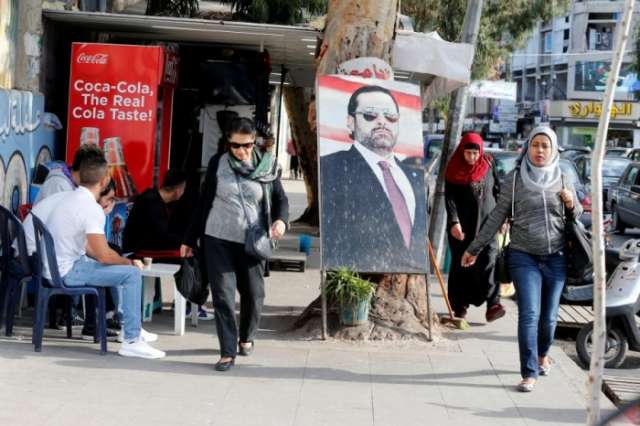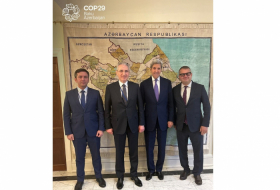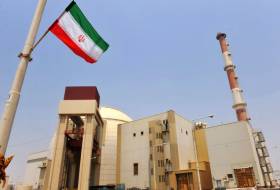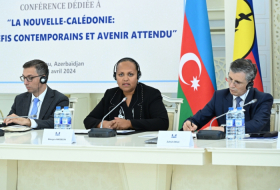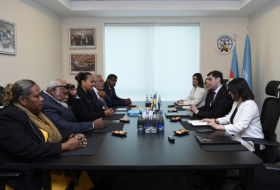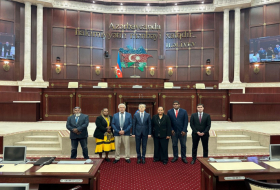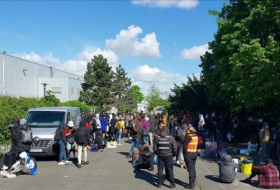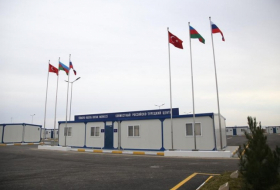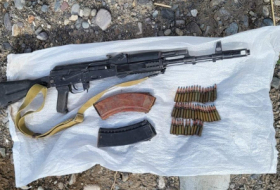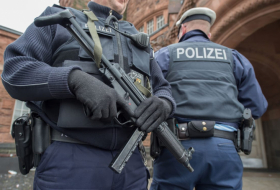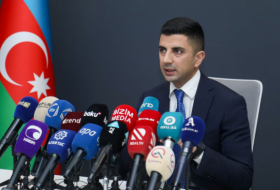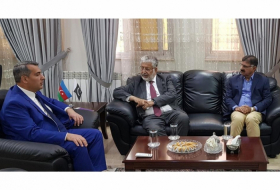The former Lebanese prime minister has since spoken strongly against Hezbollah, the powerful militia-cum-political bloc, with which he shared government, and attacked its patron, Iran. His heated rhetoric has matched that of Saudi leaders, leading officials in Beirut to claim he has been scripted to attack an arch Saudi foe as a “test of loyalty”.
As the diplomatic fallout from Hariri’s exit intensified, France urged he return to “play an essential role”.
Lebanon, however, has been captive to foreign interests throughout its history and has been central to a power struggle over the past 20 years between Tehran and Riyadh, which have both financed and backed rival political blocs.
The country’s fate has become ever more contested as Iran has made battlefield gains in Iraq and Syria, and has further consolidated its hold over Lebanese affairs. After five years in exile in Riyadh, Saudi leaders consented last December to Hariri returning to Beirut to form a government.
The 11 months since have seen Lebanon edge further into the Iranian orbit, after the naming of pro-Iran president, Michel Aoun. At the same time, Saudi’s new leadership has moved to a more bellicose foreign posture, devoting more resources to the war in Yemen and opening a diplomatic spat with Qatar, partly because of the small state’s alliance with Iran.
The new Saudi stance has placed it firmly in the camp of the Trump administration in Washington and led to a convergence of interests with Israel, which, like Saudi Arabia, sees a fast rising threat from Iran’s new influence across the Middle East. With the war against the Islamic State all but won in Iraq and Syria’s civil war winding down, the focus of all three has has pointedly shifted to Lebanon.
“There is no legitimate place or role in Lebanon for any foreign forces, militias or armed elements other than the legitimate security forces of the Lebanese state,” the US secretary of state, Rex Tillerson, said on Friday, echoing recent Saudi talking points.
America’s top diplomat also cautioned against “any party, within or outside Lebanon, using Lebanon as a venue for proxy conflicts or in any manner contributing to instability in that country”.
Well-placed sources in Beirut and Riyadh believe Saudi Arabia’s renewed dissatisfaction with Lebanon – and Hariri – at least partly stems from two recent statements by senior Iranian officials, one of them on the day he was summonsed to Riyadh for a second time in a week last Friday.
On that day, Hariri met with Ali Akbar Velayati, the foreign affairs adviser to Iran’s supreme leader, Ayatollah Ali Khamenei. A statement posted on his website, attributed to Velayati said: “The Lebanese victory against terrorism, the Syrian victory against terrorism, the Iraqi victory against separatists means that the axis of resistance has achieved victory in the battles in the region and this is a victory for us all.”
On 23 October, the Iranian president, Hassan Rouhani, said: “No decision is taken in Lebanon without Iran.” Hariri rebuked Rouhani the next day, saying: “Lebanon is an independent country that doesn’t accept tutelage.”
Several hours after the Velayati meeting, Hariri abruptly left an event he was hosting in Beirut for the visiting French culture minister and left for Riyadh. He travelled with only two bodyguards and without any of his aides – a highly unusual move.
He resigned as prime minister last Saturday – a move that has not been recognised, even by his political bloc, the Future Movement in Beirut. On Thursday, Fouad Siniora, a former prime minister and senior Future figure, called on him to return, claiming he was still Lebanon’s prime minister.
Aoun also called for Hariri’s return, as did Hezbollah leader Hassan Nasrallah.
Aoun said: “We condemn the blunt, bare-faced Saudi intervention in our domestic affairs. Any offence to the Lebanese prime minister is an offence to all Lebanese, even when he is our adversary.”
Hariri’s aides refused to comment on Friday, and western diplomats who had visited him in Riyadh said he had insisted he was not being held against his will.
“They don’t have to hold him hostage. They have so much leverage over him. He is semi-reluctant to be doing this. But he wants to be back in their favour. He needs them,” said on informed reginonal official, speaking on condition of anonymity.
Hariri’s sudden metamorphosis into the spearhead of a regional crisis appears to be odds with his moves over the past year to assemble a government and rebuild his personal finances, which were decimated by the collapse of the Saudi construction sector from mid-2015. A construction company he chaired, Saudi Oger, was heavily affected by the decline and is in liquidation, with he and the Saudi government attempting to recover losses.
“It helps him to be in good odour with them [Saudi officials],” the source said. “The regional politics are very important to them. He will do what he has to do.”
More about: #Lebanon








